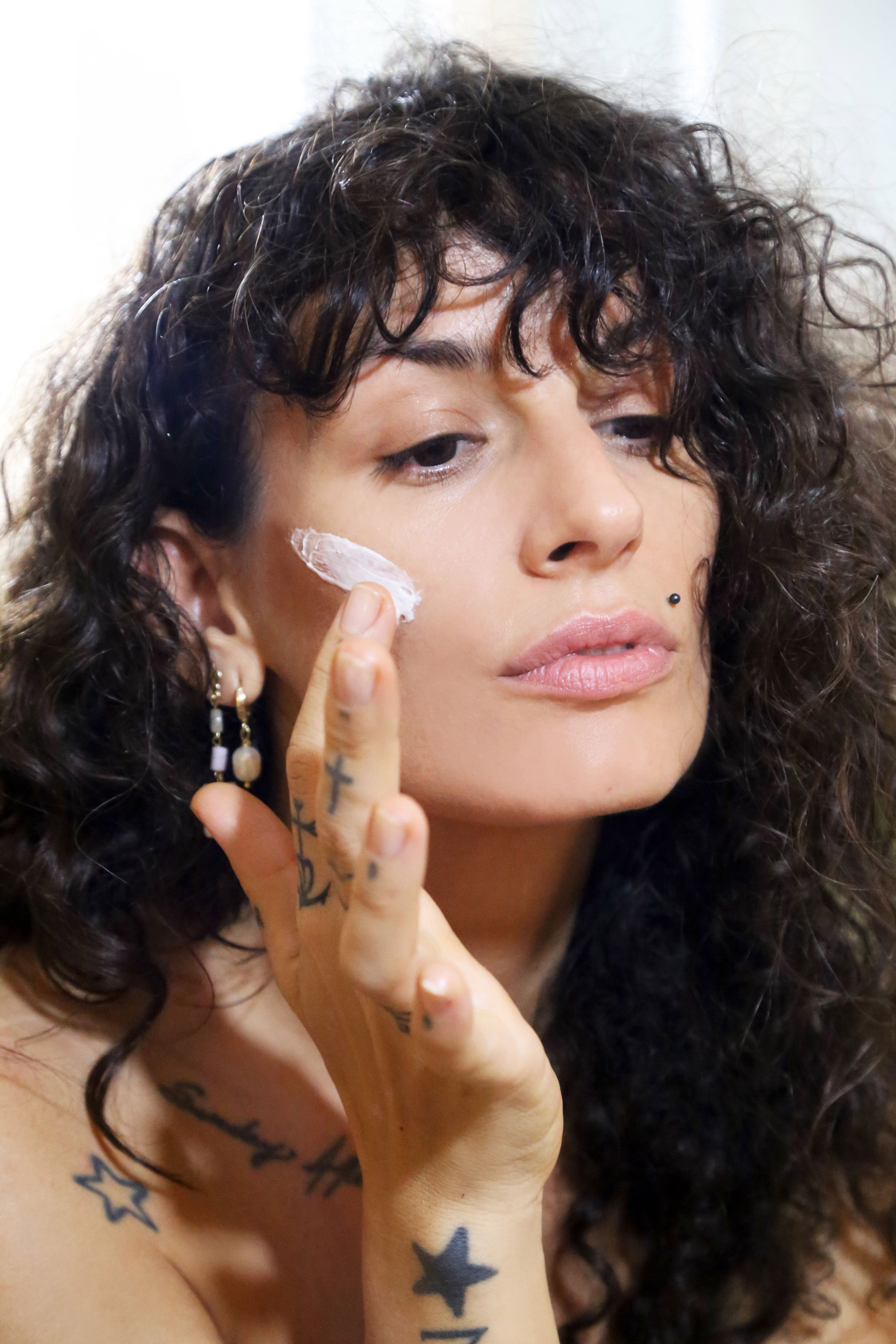
Glycerin vs Hyaluronic Acid: Who Wins?
You've heard about Hyaluronic acid here, Glycerin there—now you're eager to amp up your skincare game. But let's be real, navigating these trendy ingredients can leave you scratching your head. Sure, they promise hydration and a host of benefits, but are they really for you? I’ll give you a tip, not all skin is created equal. Maybe you’ll use one, or the other, or even both. In this article we’ll explore what these ingredients are, and if they’re right for you so that you can truly take your skincare routine to the next level.
Glycerin?
Glycerin, also known as glycerol, is a versatile compound with myriad applications in various industries, including skincare. Glycerin acts as a humectant, drawing moisture into the skin and helping to maintain hydration levels. This quality makes it a popular ingredient in skincare products, where it contributes to softening and moisturizing the skin.

In addition to its hydrating properties, glycerin offers several benefits for the skin:
- Repairing the Epidermal Barrier: Glycerin has the ability to repair damaged epidermal barriers, making it effective in addressing issues such as dryness and irritation. By restoring the skin's natural protective barrier, glycerin helps to prevent moisture loss and improve overall skin health.
- Anti-Aging Effects: As a humectant, glycerin helps to plump the skin and reduce the appearance of fine lines and wrinkles. By maintaining hydration levels and supporting skin elasticity, glycerin can contribute to a more youthful and radiant complexion.
- Soothing and Calming Properties: Glycerin has soothing and calming properties that make it particularly beneficial for sensitive or irritated skin. It helps to relieve redness and itching, making it a gentle and effective ingredient for all skin types.
- Versatility: Glycerin's versatility extends beyond skincare, as it is also used in various other products such as food and pharmaceuticals. This wide range of applications speaks to its safety and efficacy as a skincare ingredient.
Glycerin is an excellent humectant that effectively hydrates the skin, repairs the epidermal barrier, and offers anti-aging and soothing properties. Its versatility and gentle nature make it a valuable addition to any skincare routine, helping to promote healthy, hydrated, and youthful-looking skin.
Elysian Dermo-Regenerating Cream
Besides its skincare uses, glycerin functions as a softener and natural preservative, as well as a moisturizer in various products, including our acclaimed Elysian Dermo-Regenerating Cream. This top-notch moisturizer harnesses the power of glycerin to deeply hydrate and rejuvenate lackluster skin. Ideal for all skin types, it's your go-to for daily use, promising a revitalized complexion with a radiant, healthy glow.
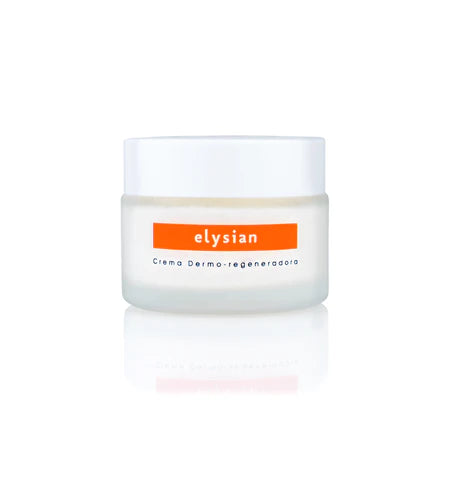
Hyaluronic Acid?
Hyaluronic acid, a naturally occurring substance found in both joints and skin, plays a crucial role in maintaining hydration and promoting overall skin health. Widely utilized in both medical and cosmetic applications, hyaluronic acid exists in various forms, including topical creams, eye drops, and injectable fillers.

One of its key functions is its ability to attract and retain water molecules, aiding in moisture retention and hydration within the treated area. This property makes it particularly beneficial for improving joint function, reducing inflammation, and enhancing skin appearance.
For skin, hyaluronic acid offers a multitude of benefits:
- Anti-Wrinkle and Anti-Aging Properties: Hyaluronic acid-based formulations have been proven effective in reducing wrinkles and signs of aging. Studies indicate that formulations containing nano-hyaluronic acid can significantly decrease wrinkle depth, with reductions of up to 40%.
- Improved Skin Hydration: Renowned for its potent humectant properties, hyaluronic acid can bind to large amounts of water—up to six liters per gram. This exceptional ability to attract and retain moisture promotes enhanced skin hydration and contributes to a revitalized complexion.
- Collagen and Elastin Stimulation: Hyaluronic acid has been found to stimulate collagen synthesis, which is essential for maintaining skin firmness. Additionally, it enhances elastin production, promoting improved skin elasticity and a more youthful appearance over time.
Hyaluronic acid serves as an excellent humectant, repairing damaged epidermal barriers, potentially alleviating redness and itching, and effectively hydrating the skin for a moisturized, plump appearance. As levels of hyaluronic acid naturally decrease with age, incorporating it into skincare routines can offer anti-aging benefits, replenishing moisture and supporting overall skin health.
Hyaluronic Acid - Regenerating Cream by Remedios del Bosque
Renowned for its moisture-retaining abilities, hyaluronic acid takes center stage in many skincare products, particularly those targeting age-related concerns. For those eager to embrace this powerhouse ingredient, we introduce the Hyaluronic Acid Regenerating Cream by Remedios del Bosque—this cream is designed to fortify skin resilience, combat visible signs of aging, and unveil a radiant complexion. Perfect for those with dry or mixed skin, its organic hyaluronic acid derived from the cassia angustifolia plant not only binds strongly to water, filling wrinkles and fine lines, but also replenishes the skin's natural hyaluronic acid levels lost over time.
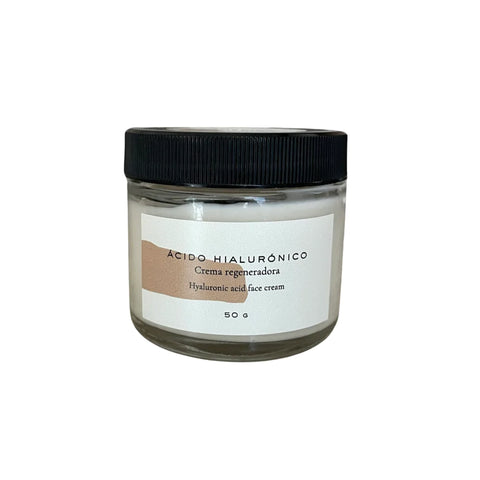
What are the differences between Glycerin and Hyaluronic Acid?
When it comes to skincare, glycerin and hyaluronic acid might seem similar, but they work in different ways.
Glycerin:
- It's smaller, so it sinks into your skin easily.
- It pulls moisture from the air to hydrate your skin's outer layer.
- Sometimes it can feel a bit sticky, especially if you use too much.
Hyaluronic Acid:
- It comes in two types: high and low molecular weight.
- The low kind sinks deep into your skin, while the high one stays on top and locks in moisture.
- It's not sticky and works for all skin types.
Glycerin, with its small molecular size, acts as a magnet for moisture. It swiftly penetrates the skin's surface, attracting water molecules from the surrounding environment and delivering them to the outermost layer of your skin. This makes it an excellent choice for combating dryness and providing immediate relief to parched skin. However, while glycerin's effectiveness in hydrating the skin is undeniable, its propensity to become sticky when used excessively may deter some individuals, particularly those with oily skin types.
Conversely, hyaluronic acid operates on a dual-action mechanism, offering both immediate and long-lasting hydration benefits. With its high and low molecular weight variants, hyaluronic acid penetrates different layers of the skin. The low molecular weight version delves deep into the dermis, replenishing moisture from within and promoting skin firmness, while the high molecular weight form forms a protective barrier on the skin's surface, sealing in moisture and preventing dehydration. This dynamic duo of hydration makes hyaluronic acid an ideal choice for individuals seeking both instant relief from dryness and prolonged hydration without any sticky residue. Whether you opt for the quick-absorbing nature of glycerin or the sustained hydration of hyaluronic acid, both ingredients offer effective solutions for maintaining healthy, hydrated skin.
Which one is right for me?
When it comes to choosing between glycerin and hyaluronic acid, understanding your skin type can help you make the best decision. Here's a breakdown of which ingredient might work better for different skin types:
For Dry Skin:
Glycerin: With its ability to draw moisture from the air and deeply hydrate the skin's surface, glycerin is an excellent choice for those with dry skin. Its quick-absorbing nature provides immediate relief from dryness, leaving the skin feeling soft and supple.
Hyaluronic Acid: Hyaluronic acid, particularly the low molecular weight form, penetrates deep into the skin, replenishing moisture from within. This makes it ideal for dry skin types seeking long-lasting hydration and improved skin firmness.
For Oily Skin:
Hyaluronic Acid: Oily skin types can benefit from hyaluronic acid's lightweight texture, which provides hydration without adding extra oiliness to the skin. The high molecular weight form creates a barrier on the skin's surface, preventing moisture loss without clogging pores.
For Mixed Skin:
Glycerin: Combination skin types, which may experience both dryness and oiliness in different areas, can benefit from glycerin's versatility. It hydrates dry patches while its non-greasy formula ensures it won't exacerbate oiliness in other areas.
For Sensitive Skin:
Both: Both glycerin and hyaluronic acid are generally well-tolerated by sensitive skin types. However, it's essential to choose products with minimal additional ingredients to avoid potential irritation.
For Aging Skin:
Hyaluronic Acid: Aging skin can benefit greatly from hyaluronic acid's ability to plump the skin and reduce the appearance of fine lines and wrinkles. Its deep-hydrating properties help restore moisture levels, resulting in a more youthful and radiant complexion.
Conclusion
Understanding the nuances of your skin type is paramount in crafting the perfect skincare routine made uniquely for you. For parched complexions, glycerin's swift absorption and deep nourishment provide instantaneous relief, while the multi-layered hydration of hyaluronic acid ensures a sustained glow. Those with combination skin will find solace in glycerin's adaptable nature, while oily skin revels in the lightweight texture of hyaluronic acid. Both ingredients offer a haven for sensitive skin, provided in minimalist formulations. And for those seeking the fountain of youth, hyaluronic acid helps battle the signs of aging with prowess. So, whether you choose glycerin's rapid absorption or hyaluronic acid's transformative hydration, both serve as useful tools for your self-care journey.


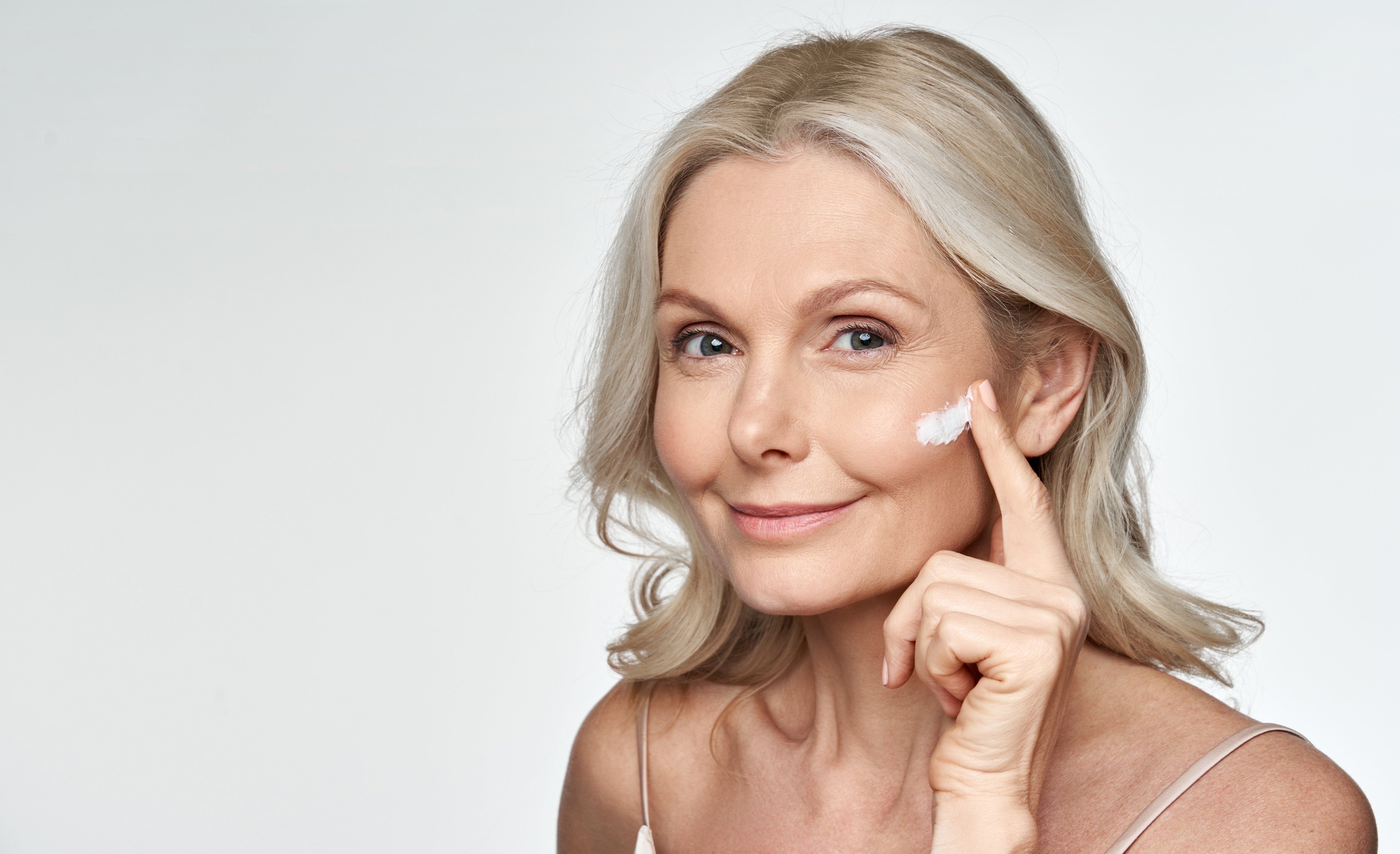
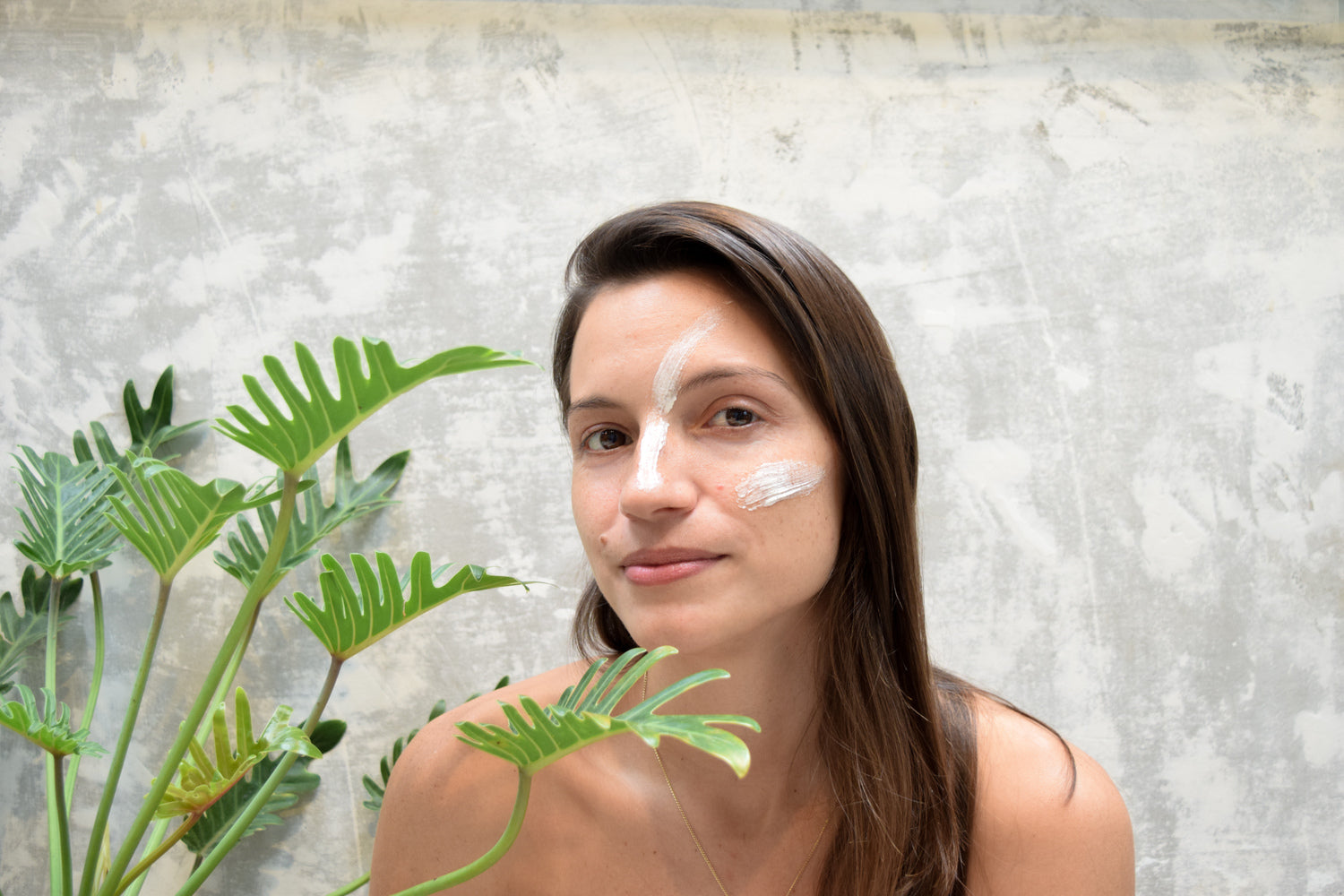
Leave a comment
This site is protected by hCaptcha and the hCaptcha Privacy Policy and Terms of Service apply.